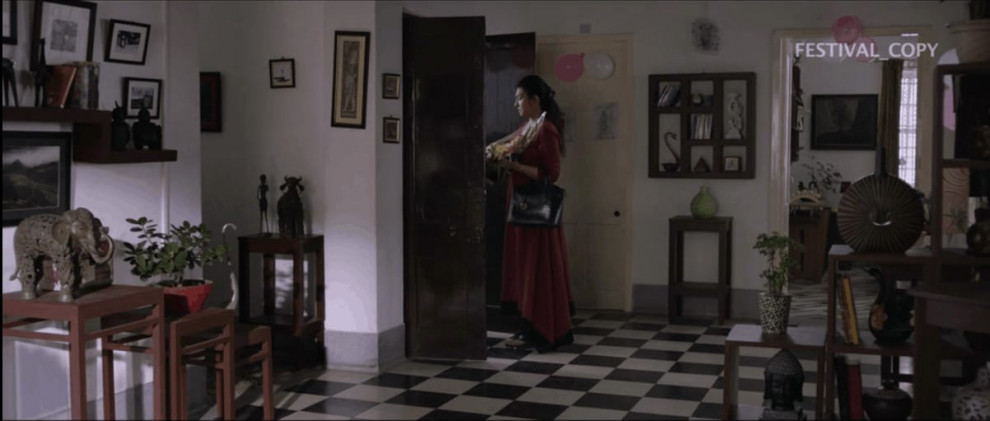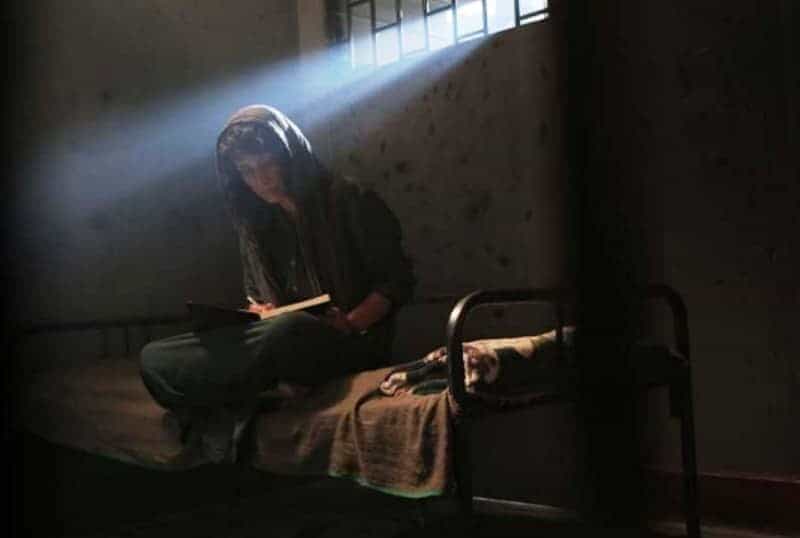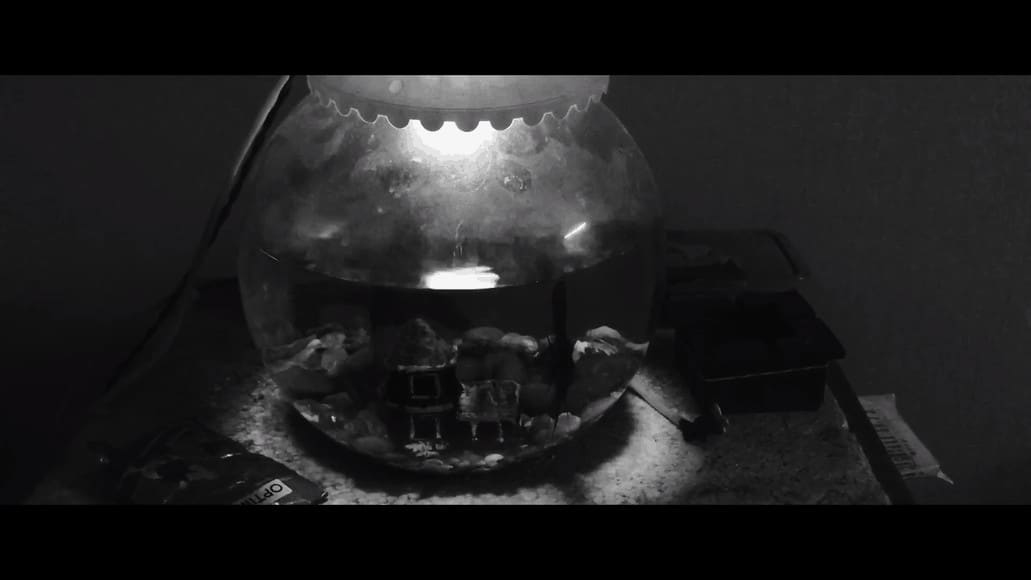Combining pointy social commentary and thriller can be a recipe for success, but it is also a tricky path to walk, for any director. Acharya chose a multi-layered approach to deal with the combination, and the result is interesting, to say the least.
Nandini and Souvik are both doctors that live happily with their daughter Suja, despite the fact that the latter has quit her practice, for reasons revealed a bit later in the story. Their harmony is disrupted when a series of anonymous parcels with photos from Nandini's past start being delivered in the house, and her personal history comes knocking on the door (pun intended). However, Nandini is not the only with skeletons in her closet, and the couple soon find themselves in an intense crisis. In the middle of this, Souvik has to face a mob of enraged individuals who accuse him for the death of one of his patients, while Nandini has to deal with the difficulties the poor have to face when dealing with the medical system, when a member of her family needs to be hospitalized. The emergence of some people from her past confuses things even more.
Acharya's initial purpose seems to be to make a number of social comments, with the thriller aspect being used to add entertainment to the film. In that fashion, the medical system, the concept of secrets and the trouble deriving from keeping them from your family, relationships and the status of women in Indian society are all explored throughout the movie, with the first holding the major role. Acharya highlights the inequalities and the reactions the faults of the system result into, in an effort to stress the fact that the consequences eventually reach everyone, even the rich. This aspect eventually becomes part of the thriller, with the transition and the embedding of the realistic commentary to the genre “rules” being one of the best aspects of the narrative.
The thriller element derives mostly from the mystery surrounding the sender of the parcels, with the plethora of secrets revealed adding to the agony, and actually carrying the film for the majority of the duration. At times however, I felt that both the revelations and the social comments were a bit too many, a tactic that somewhat dulls their impact and extends the movie's duration unnecessarily. This, however, is one of the very few faults of the film.
On the other hand, the cinematography is impressive with Santanu De making the camera part of the narrative, occasionally highlighting the claustrophobia both protagonists feel, and other times, giving the sense of someone stalking Nandini from afar, thus adding to the thriller aspect. Moloy Laha's editing induces the film with a relatively fast pace that allows Acharya to explore all of the aforementioned, although, as I said previously, a bit of trimming would have benefited the film.

Rituparna Sengupta as Nandini is the undeniable “star”, and she gives a wonderful performance in a rather difficult role. The way she depicts her character's agony, perplexity, anger, disregard and a number of other sentiments and psychological statuses is quite artful, with her performance adding to all the scenes she appears. The one where she becomes the recipient of violence is one of the most shocking in the movie, and one of the highlights of her performance. Saswata Chatterjee has a relatively smaller role but he is also very convincing as a man who both accuses others and feels guilty for his deeds. His frustration for the way the mob reacts to his medical practice and the way the hospital administration treats him after the incidents are his highlights.
“The Parcel” may be a bit too long for its own good, but also proves that Indrasis Acharya's command over the medium is of the highest level, regarding the presentation of a number of comments, the direction of his actors and the unfolding of an engaging thriller.















